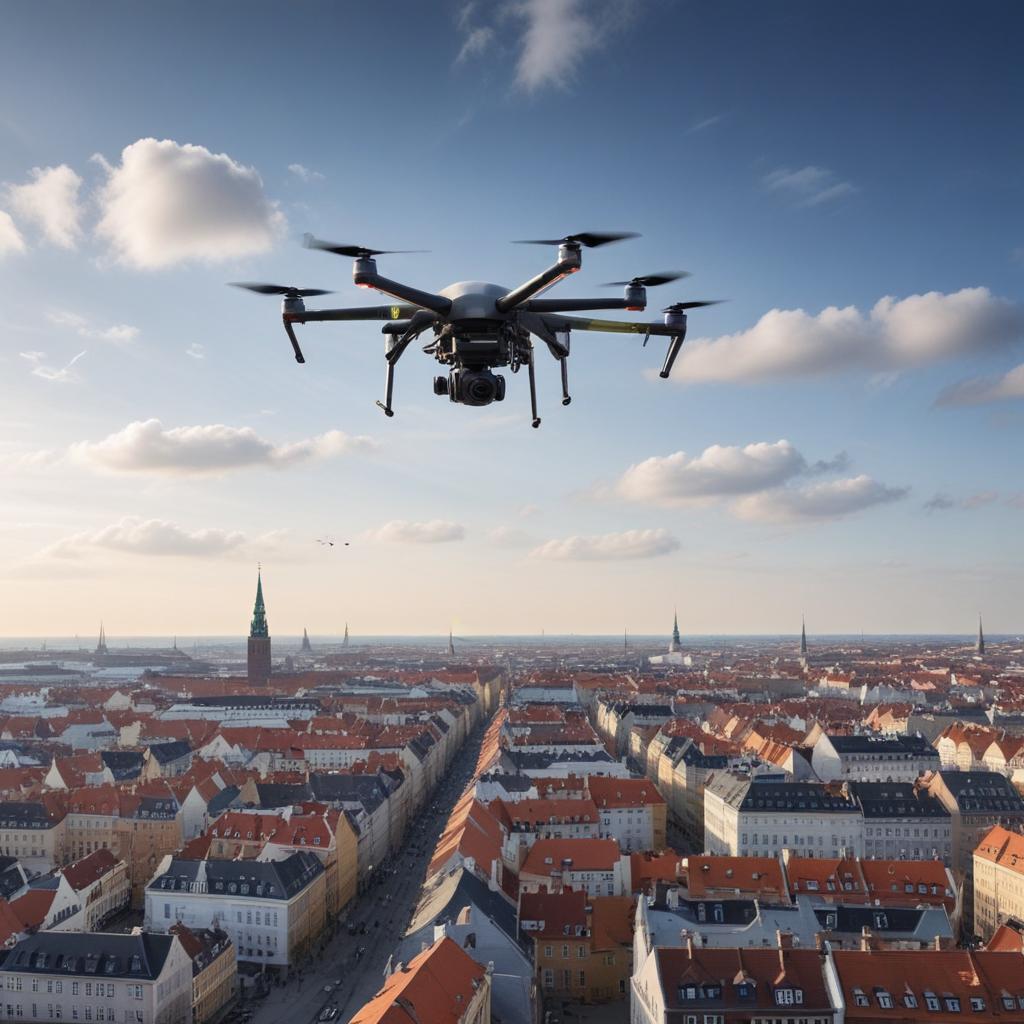European officials are convening in Copenhagen to address repeated drone incursions, largely attributed to Russia. They are discussing a "drone wall" initiative, a layered network of detection and interception systems, as part of a broader "Defence Readiness Roadmap." This move aims to bolster Europe's air defense against cheap but damaging drones, leveraging Ukrainian expertise and focusing on cost-effective electronic warfare over expensive missile systems, despite varying opinions on implementation timelines.
Following weeks of persistent drone incursions into European airspace, officials have gathered in Copenhagen to strategize on continental sky protection. A key proposal is the "drone wall," envisioned not as a physical barrier but as a sophisticated, layered network of detection and interception systems that builds upon existing EU members' anti-drone capabilities. This initiative is a core component of the "Defence Readiness Roadmap" being developed by the European Commission and the European Union. While Russia denies involvement in the incursions, European Commission President Ursula von der Leyen emphasized the need for a strong, united response, proposing immediate actions for the drone wall as part of the "Eastern Flank Watch," in collaboration with Ukraine and NATO. Implementation timelines vary, with Germany's Defense Minister Boris Pistorius suggesting three to four years, while Latvia's Prime Minister Evika Silina believes it can be achieved much sooner. Experts like Rafael Loss from the European Council on Foreign Relations note that while the concept isn't entirely new, building on the existing European Sky Shield Initiative, the drone wall would significantly enhance NATO's eastern flank by expanding sensor networks to track new drone threats, a capability not previously central to air defense. The initiative also aims to incorporate lessons from Ukraine, the most experienced country in drone warfare, and shift towards cheaper electronic warfare methods like jamming and spoofing, rather than relying on expensive missile systems like Patriots to counter inexpensive drones. Drones pose a disproportionate threat due to their low cost, potential for damage, surveillance capabilities, and collision risks, with even intercepted drones causing debris damage. NATO Secretary-General Mark Rutte supports the "excellent" and "necessary" drone wall, highlighting its cost-effectiveness. The article concludes by stressing the need to complement these defensive measures with boosted offensive capabilities.



